This short post is prompted by a line in Anna Blundy’s novel Neat Vodka. Her heroine, foreign correspondent Faith Zanetti, flies in to her latest assignment in Moscow, reading on the plane ‘my predecessor’s “Whither Russia?” book.’

The journalistic account of Russia does not require the rigour of a peer-reviewed academic publication. To be frank, it is often an easier read than most academic texts, leaving room as it does for anecdote, local colour, and unevidenced generalisation. Such books can be an enjoyable way to leaven your Russia-in-fiction reading with a bit of fact and background.
The sample in the gallery below is a fairly random and personal dozen. I’ve deliberately omitted some of the journalistic Russia books that border on the polemical and —taking the word in its literal meaning— unbalanced. But I’m not going to name those. If you look hard in a good bookshop, you will find them.
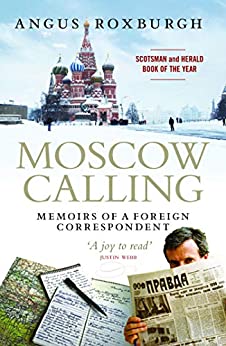
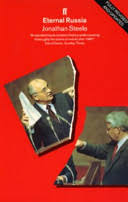
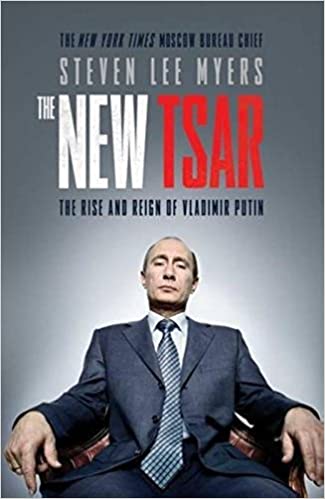
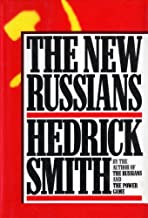
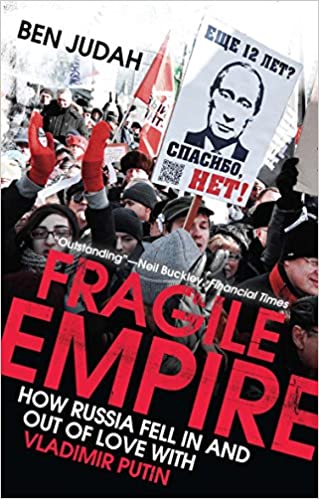
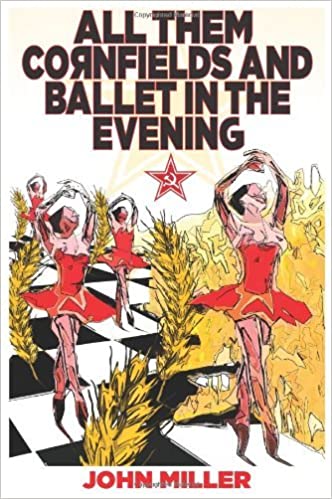
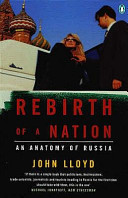
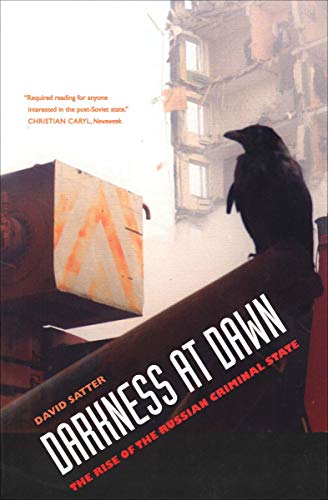
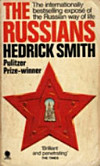
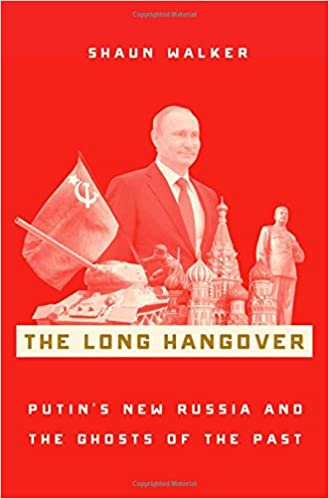
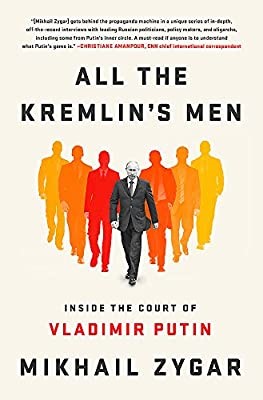
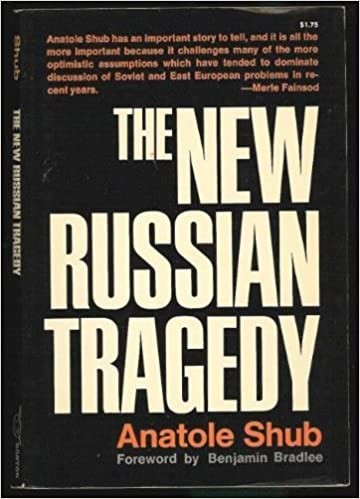
Just to note a few of my chosen dozen — Angus Roxburgh’s Moscow Calling (2017) is at the top of the gallery. Roxburgh reported from the Soviet Union for the BBC at the end of the Soviet era, about the time I started making regular trips to Moscow and beyond. His memoir covers this period and more, from his earlier visits through later years working as a consultant to Putin’s Kremlin. It is an enthralling and enlightening read by a journalist who knows his Russia.
I have included John Miller’s All Them Cornfields and Ballet in the Evening (2010) because I vaguely remember being introduced to Miller at an Embassy reception or similar in Moscow in the early 1990s, when we were both election observers, and being told how well he knew life in the Soviet Union. And I like the title —a quote from the mouth of Peter Sellers’s communist Trade Union official, Fred Kite, in the 1950s British comedy I’m Alright Jack. Miller’s book is an anecdote-rich romp through decades of life in the Soviet Union, mainly the Khrushchev and Brezhnev years.
Jonathan Steele’s Eternal Russia (1998) is one of the better of the journalistic accounts of the Soviet collapse and the early post-Soviet years. I used to recommend it to my students back in the Centre for Russian and East European Studies at the University of Birmingham.
For journalistic insights into the Putin regime, it would be hard to do better than Mikhail Zygar’s All the Kremlin’s Men (2016). Translated from its original Russian, this book is written by a journalist with excellent access who writes candidly — it is an eye-opening read that sold well in Russia.
Anatole Shub’s The New Russian Tragedy (1969) was written as the Brezhnev regime strengthened its grip on the Soviet Union at the end of the 1960s. I drew on it to make a particular point in my Inside Russian Politics (IB Tauris, 2017, p. 220) about the constancy of predictions concerning Russia’s future.